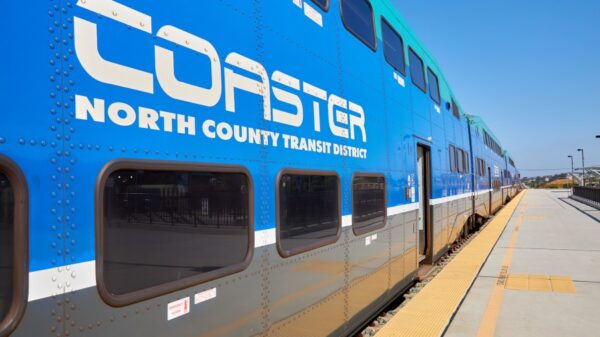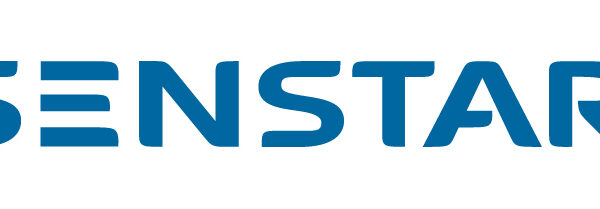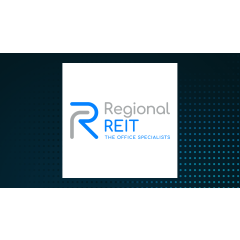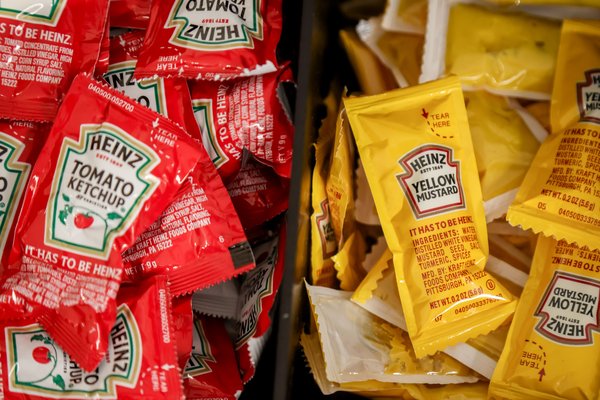The anticipated synergy from the merger between Kraft and Heinz, finalized in 2015, has ultimately failed to materialize, leading to significant restructuring efforts within the company. Initially projected to benefit from economies of scale, the merger has been hampered by changing consumer preferences and financial underperformance, prompting analysts to reassess the viability of the combined entity.
The merger created the fifth-largest food and beverage company in the world, with a market capitalization exceeding $100 billion. The hope was that the combined portfolio would deliver a stronger competitive edge in an evolving marketplace. However, since then, the company has struggled to adapt to shifting consumer trends that favor healthier, more sustainable options.
Kraft Heinz has faced declining sales across various product lines, as traditional processed foods experienced reduced demand. According to financial reports, the company reported a 7% decline in net sales for the second quarter of 2023, raising alarms among investors and stakeholders. This downturn emphasizes a broader trend in North America, where consumers increasingly gravitate towards fresh, organic, and plant-based products.
In response to these challenges, Kraft Heinz has implemented a series of cost-cutting measures, including layoffs and the divestiture of underperforming brands. The company has made significant efforts to innovate, launching new product lines aimed at catering to health-conscious consumers. Despite these initiatives, market analysts remain skeptical about the long-term viability of the merger, citing persistent operational issues.
The failure to fully capitalize on the merger raises questions about the strategic vision of the leadership team. The co-chairman of Kraft Heinz, Alex Behring, has acknowledged the difficulties faced, stating that the company must align its offerings with current market demands. “We need to focus on understanding our consumers better and adapting swiftly,” Behring noted during a recent investor call.
As Kraft Heinz navigates this challenging landscape, the company faces stiff competition from both established brands and emerging players in the food and beverage sector. Industry experts suggest that continued innovation and a commitment to sustainability will be essential for the company to regain consumer trust and market share.
Looking ahead, the future of Kraft Heinz hinges on its ability to pivot and respond to evolving consumer expectations. The company’s next steps will be critical in determining whether it can turn around its fortunes after a tumultuous period marked by unmet expectations and shifting market dynamics.





































































